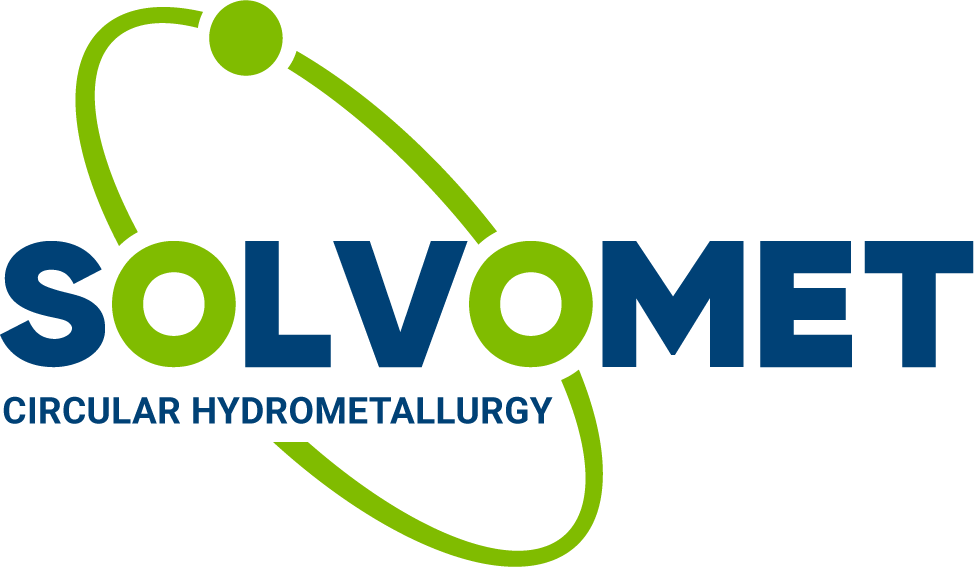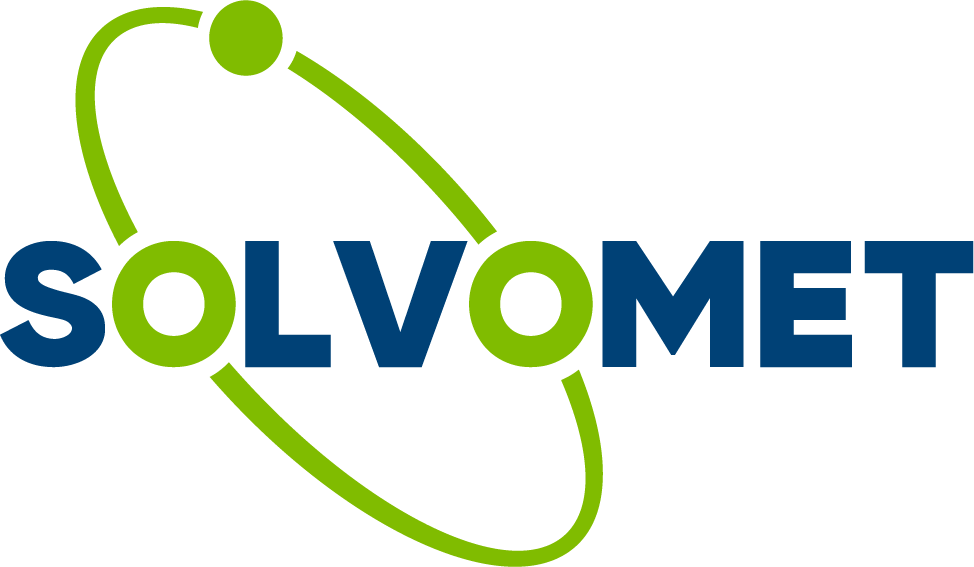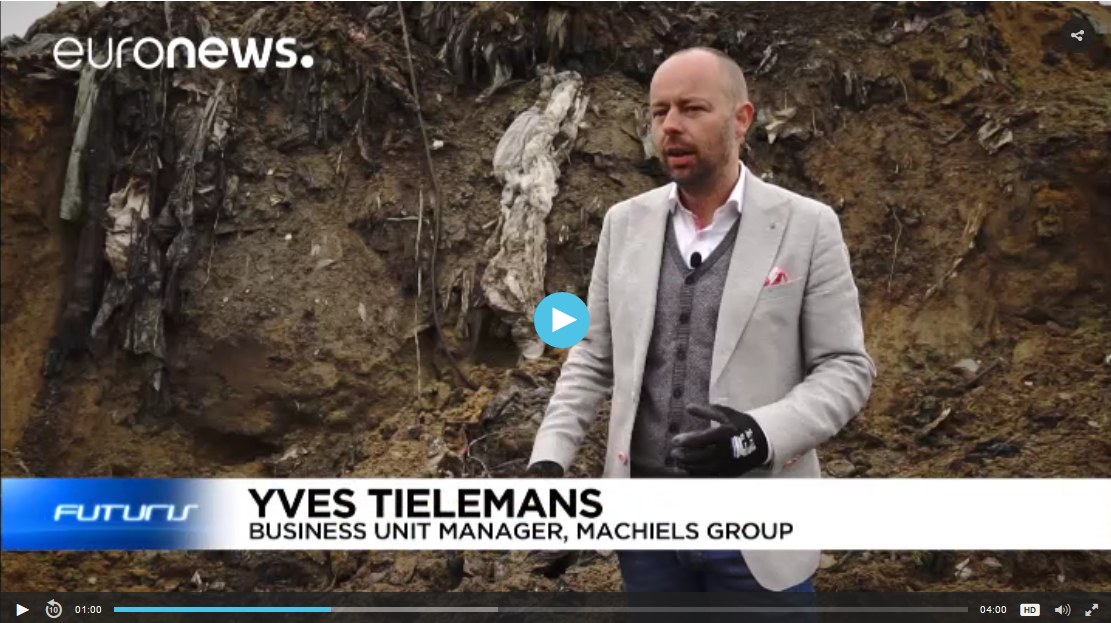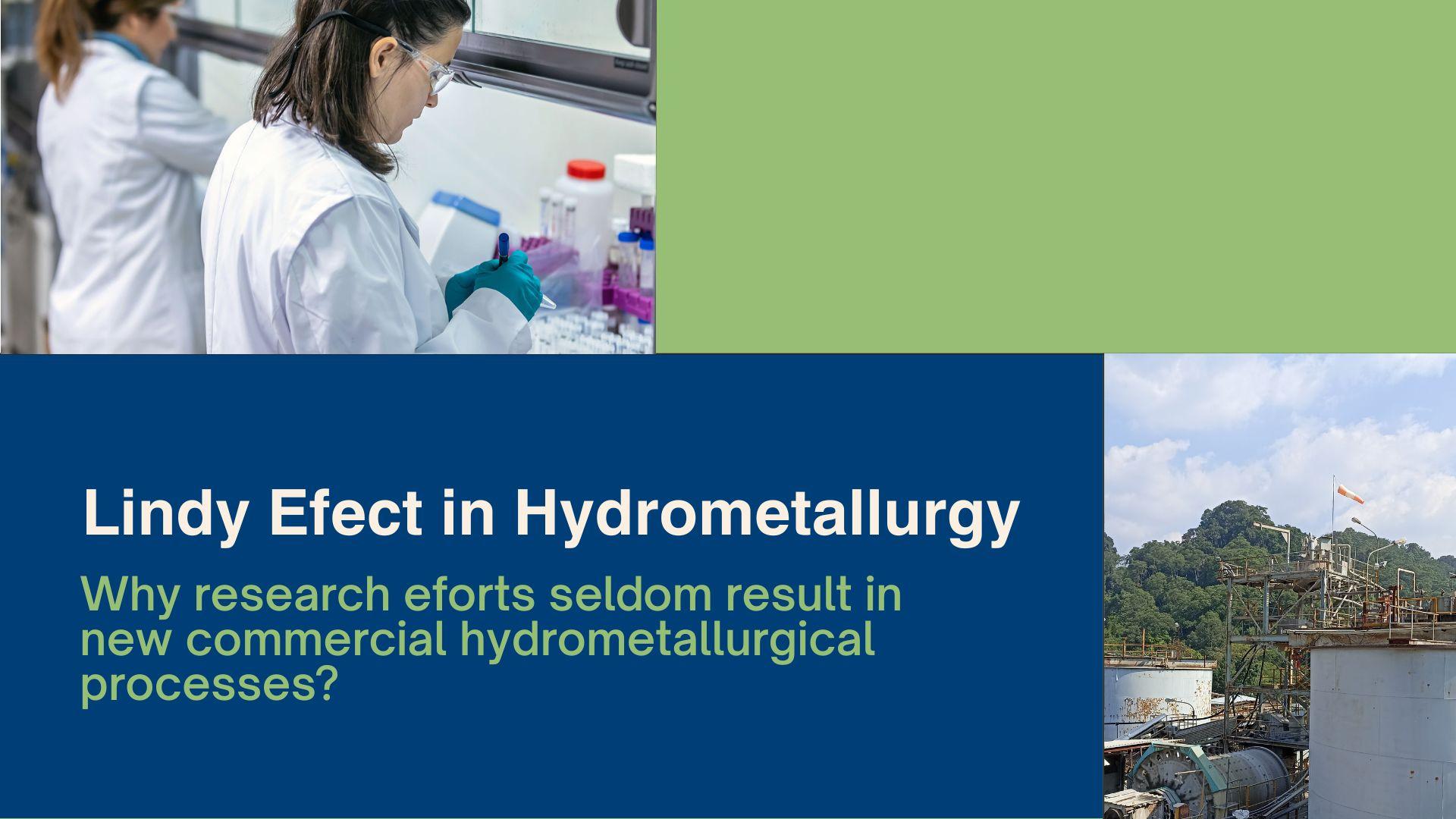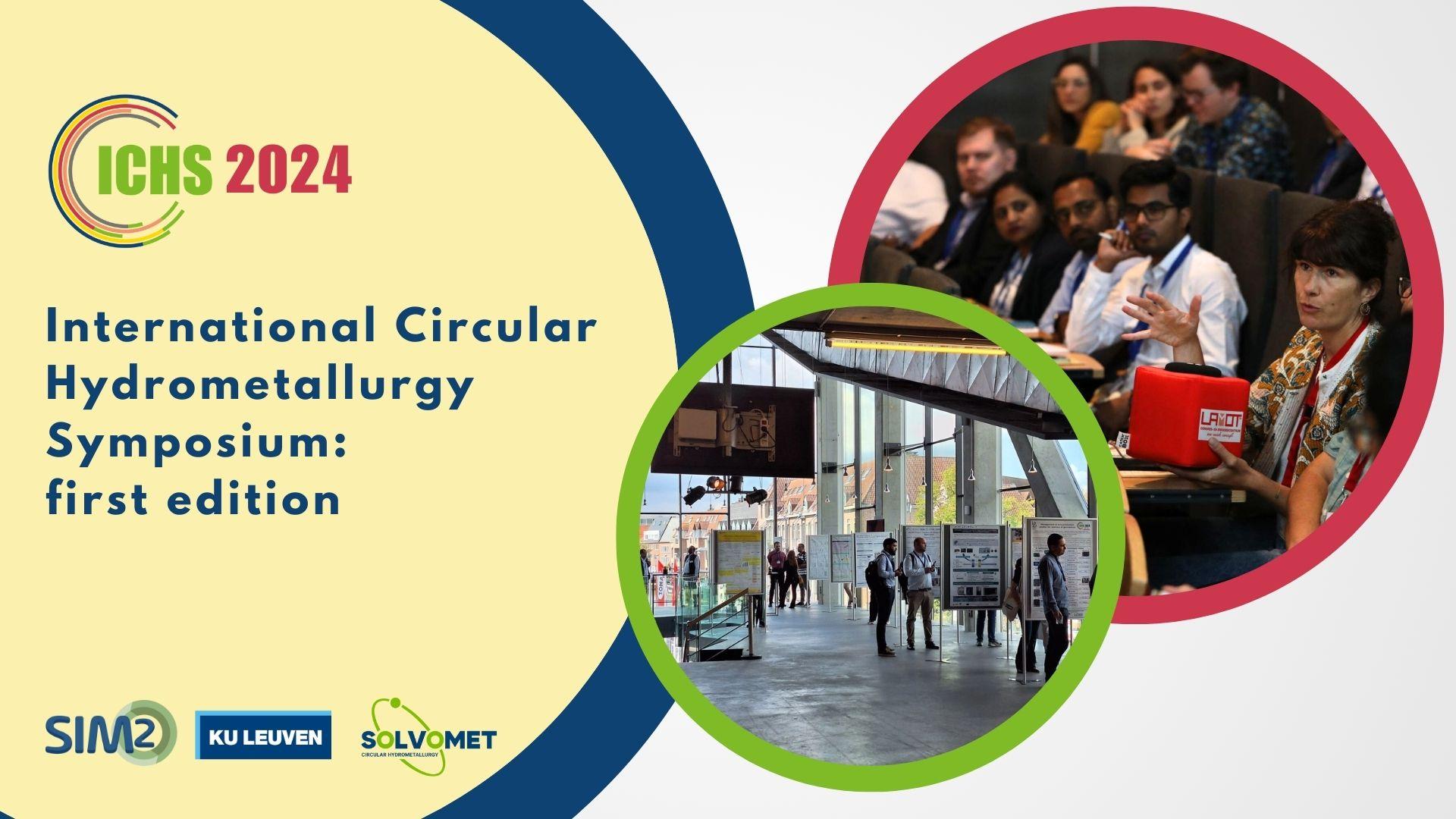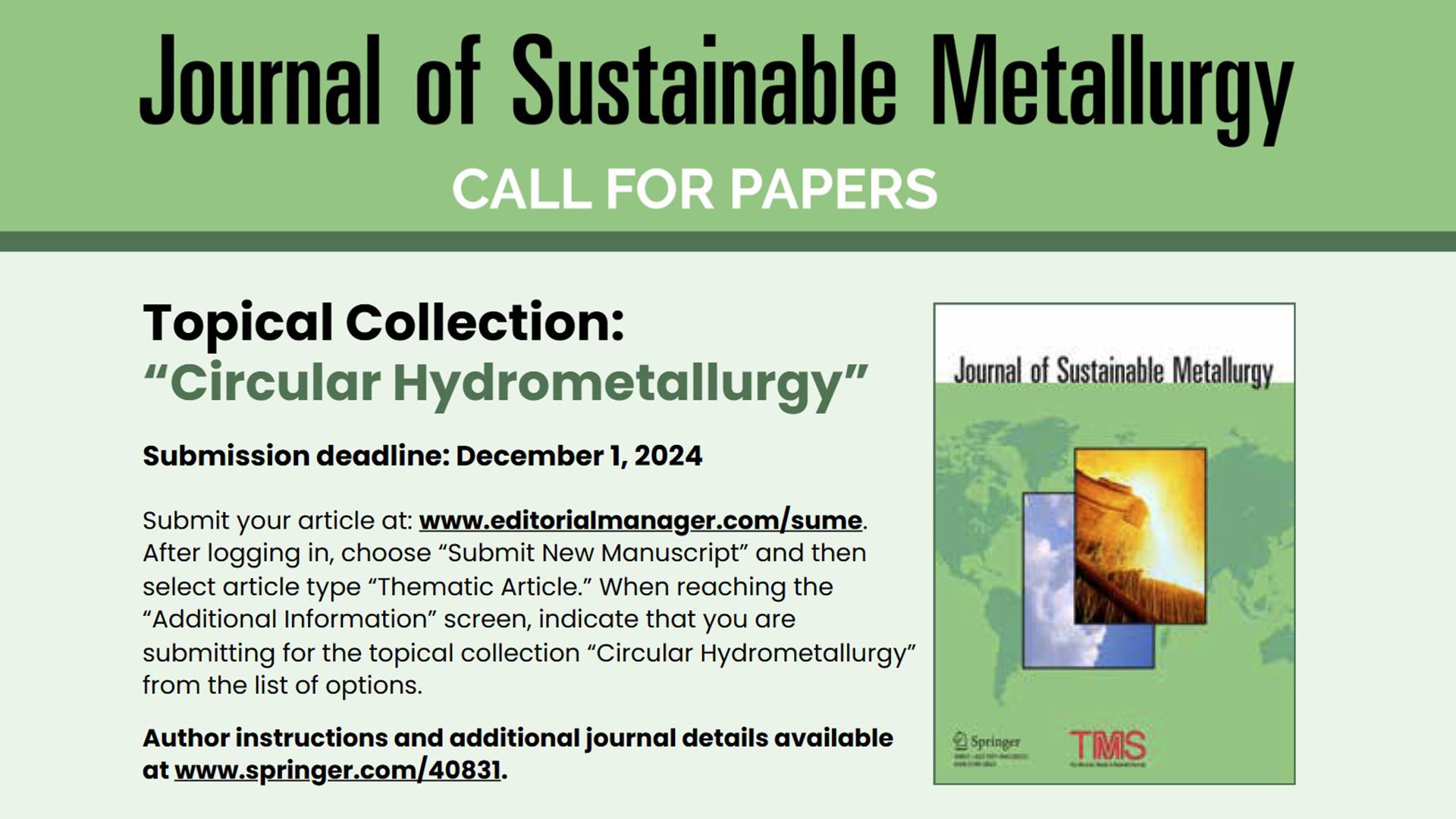Following the coverage by the Financial Times, the World Economic Forum and multiple documentaries and TED-talks, Euronews-Futuris has just released a new documentary video on the topic of Enhanced Landfill Mining. The present video features EU H2020 MSCA-ETN NEW-MINE researchers from Montanuniversität Leoben (Austria) and KU Leuven (KU Leuven) who are developing novel technologies along the ELFM value chain. The video also offers new footage of the Closing the Circle ELFM case at the Remo site in Houthalen-Helchteren Belgium. (Leuven, 14-5-2018)
Watch the Euronews-Futuris ELFM video here



Rationale for ELFM
Europe has somewhere between 150,000 and 500,000 landfill sites, with an estimated 90% of them being “non-sanitary” landfills, predating the EU Landfill Directive of 1999. These older landfills tend to be filled with municipal solid waste and often lack any environmental protection technology. In order to avoid future environmental and health problems, many of these landfills will soon require expensive remediation measures. This situation might appear bleak, but it does present us with an exciting opportunity for a combined resource-recovery and remediation strategy, which will drastically reduce future remediation costs, reclaim valuable land, while at the same time unlocking valuable resources. Enhanced Landfill Mining is, therefore, “the safe exploration, conditioning, excavation and integrated valorisation of (historic, present and/or future) landfilled waste streams as both materials (Waste-to-Material) and energy (Waste-to-Energy), using innovative transformation technologies and respecting the most stringent social and ecological criteria” (Jones et al, JCLEPRO, 2013) .
6 Lessons about Enhanced Landfill Mining
- Lesson 1: Enhanced Landfill Mining is grabbing a lot of attention, with three EU-funded projects underway. In addition, it provides the dual benefit of recovering valuable materials and freeing-up useful space in areas close to towns and cities.
- Lesson 2: What stands in the way of large-scale ELFM? The main obstacles are market & technology barriers, legislative procedures and problems with social acceptance.
- Lesson 3: ELFM is an emerging concept and relies upon novel technologies. Without support, it may never be able to take over from the incumbents. Society needs to be made fully aware of the situation, so that long term solutions based on the best available information can be adopted.
- Lesson 4: Financial considerations are holding back ELFM. Being able to reclaim land at the same time as reclaiming materials represents the best way to shift the economic balance. Another possibility is to target landfills in the developing world, as these are often devoid of sanitary technologies.
- Lesson 5: ELFM is still a long way from being accepted by national policy makers. Unfortunately, the rejection of the European Parliament’s ELFM Amendment by the European Council means it will be some years before the idea of landfills being “dynamic resource stocks”, rather than “end stations” for obsolete waste, can be put on the agenda again.
- Lesson 6: Social acceptance is a major barrier for ELFM. The solution is to educate and involve people, demonstrate the advantages and let them see the benefits.
More info on ELFM:
- Opinion piece Jones in Knack (17-4-2018) about the Social License to Operate for ELFM
- ETN NEW-MINE Policy Brief on the future of Enhanced Landfill Mining in the EU-28
- EURELCO website
- NEW-MINE/SOCRATES Summer School on ELFM (September 2018, Leuven)
- TED-talk on ELFM

NEW-MINE Policy Brief, March 2018 (p. 1)
